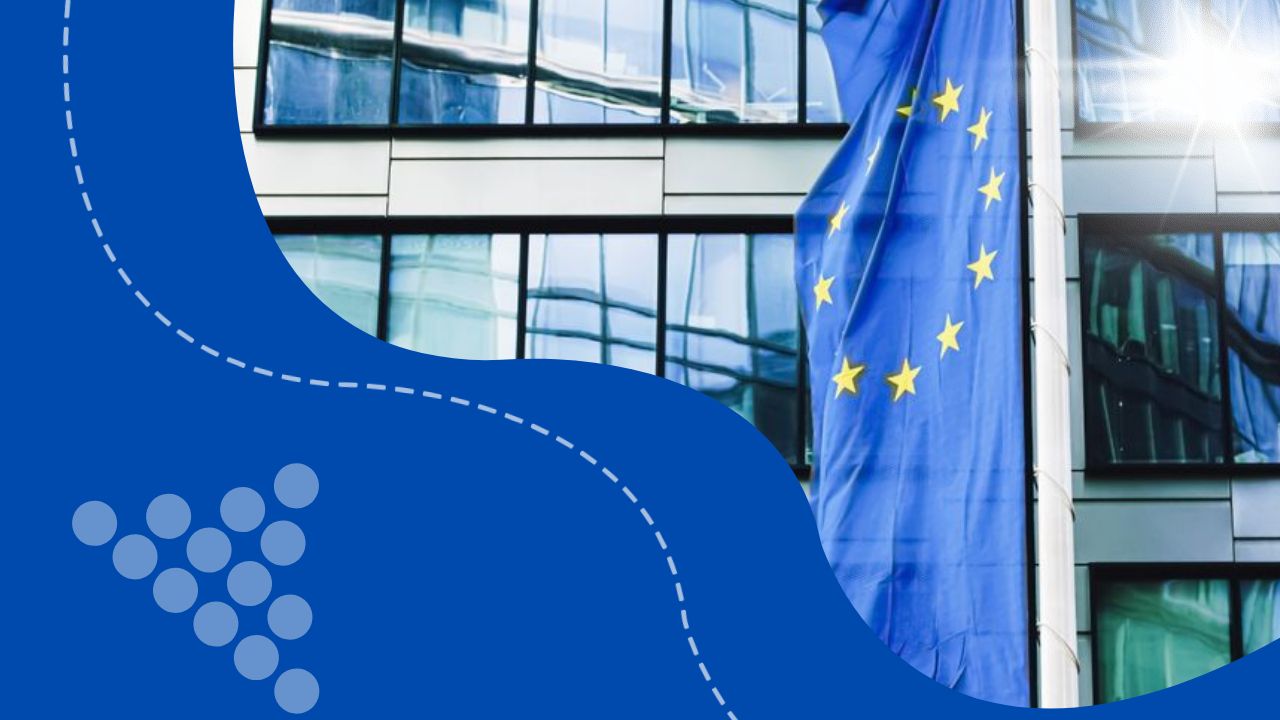EU governments have recently approved domestic European mining and extraction of critical raw materials, despite concerns from environmentalists. The Critical Raw Materials Act (CRMA), proposed by the European Commission in March 2023, aims to reduce reliance on foreign suppliers, particularly China, and ensure a diversified supply chain. This move aligns with the European Green Deal, which aims for carbon neutrality by 2050.
Under the CRMA, 34 critical and 17 strategic raw materials have been identified as crucial for green technologies, digital transitions, and defence and space industries. The new law establishes the following targets for the EU’s annual raw material consumption:
- 10% from local extraction
- 40% to be processed within the EU
- 25% to come from recycled materials
Extraction projects will receive permits within a maximum of 27 months while recycling and processing projects should receive permits within 15 months. These materials are urgently needed for industries producing essential goods such as wind turbines, solar panels, electric cars, and computer chips. However, some lawmakers expressed concerns about the lack of explicit mention of community consent near mining sites and the need for stronger provisions related to protected areas. Despite these reservations, the CRMA aims to enhance the EU’s strategic autonomy by reducing dependencies on overseas sources.

